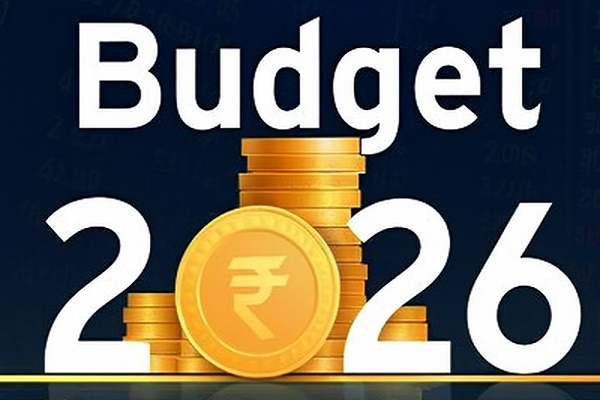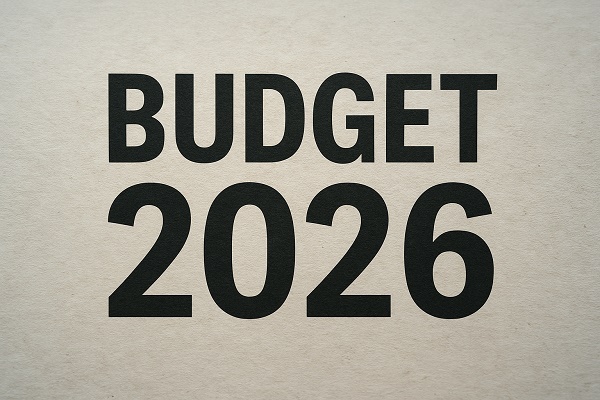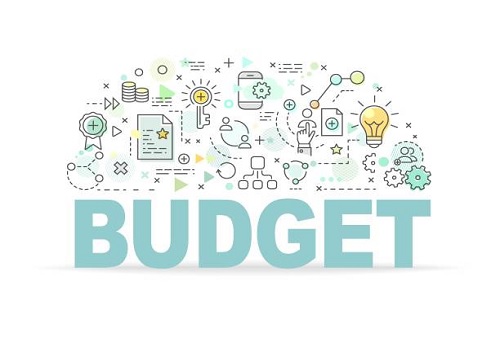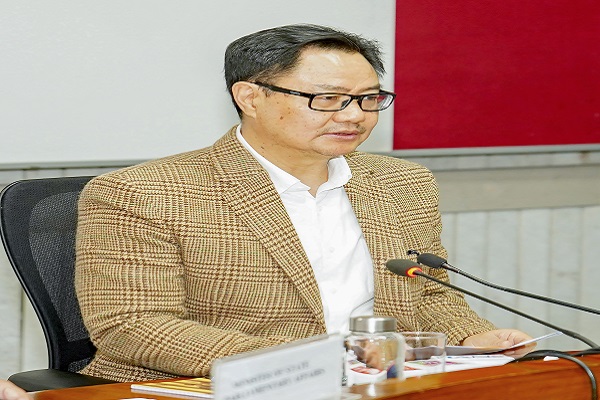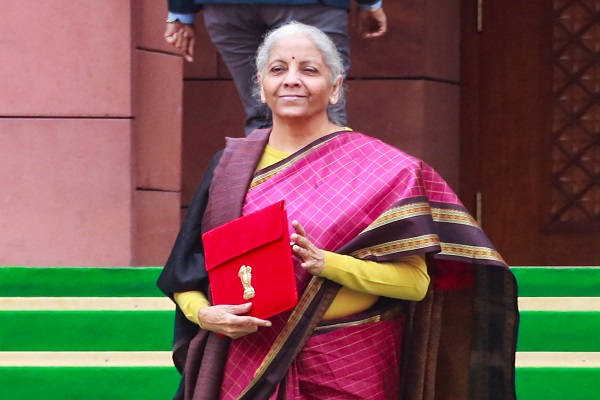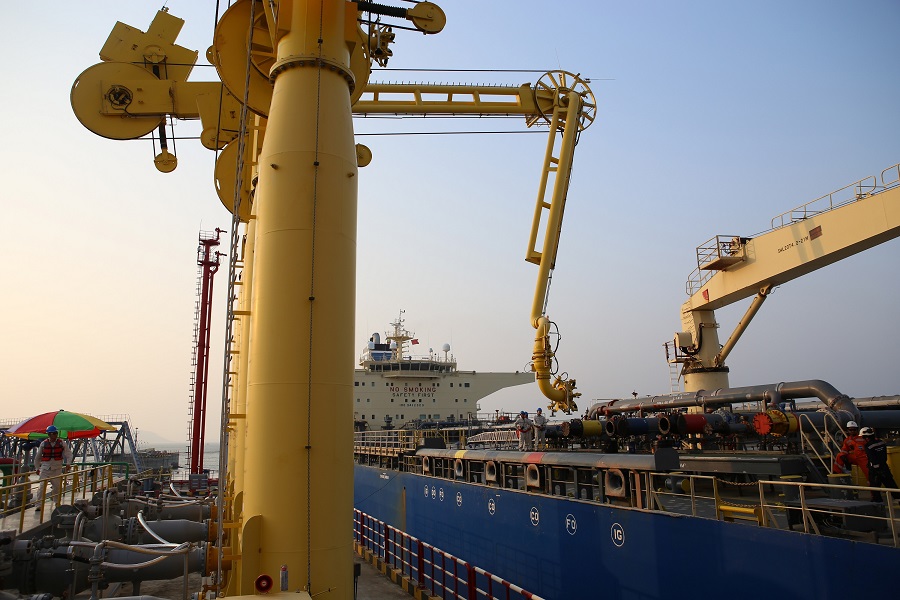Chemicals Sector Update : Environment still remains favourable for patented agrochemicals usage By JM Financial Institutional Securities
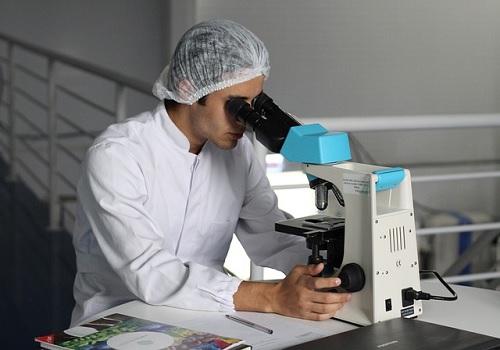
During our discussions on our recent thematic report (click here), several investors raised concerns over the slowdown in agrochemicals. To address the same, we highlight that a) world grain production for MY23/24 is likely to be close to a record high, and b) grain prices are still well above the 5-year average. Since majority of the agrochemicals' usage (>40%) is for grains, we don’t foresee an issue in demand for agrochemicals, specifically for the patented ones. A high crop price environment favours patented agrochemicals' usage. This bodes well for PI, SRF, and Navin’s agrochemical businesses, in our view. Moreover, any adverse weather conditions could take crop prices even higher and result in more demand for agrochemicals in the next season since farmers would want to take advantage of high crop prices. On the generic agrochemicals front, prices have normalised and are almost back to pre-Covid levels, in some cases. Hence, in our view, generic agrochemical prices should stabilise over the next couple of months
* Global grain production likely to be close to record high: As per the International Grain Council’s (IGC) Jun’23 grain market report, world grain production is expected to see strong growth in MY23/24 (defined as the period between Jul’23 and Jul’24) to 2,292mmt, led by a rebound in maize, sorghum and soybean production. Despite challenging weather conditions in several regions, overall grain production forecast is nearly around the record production of 2 years prior. Soybean production is also expected to be strong in MY23/24 with Argentina expected to produce 48mmt while Brazil’s soybean output is also expected to rise 4% YoY to 163mmt. This should augur well for global output of soybean, which is projected to be 402mmt in MY23/24. Amid expectations of acreage gains and improved yields among Asian growers, a record production for rice is also expected in MY23/24 at 524mmt.
* Sturdier pricing gives farmers more leeway to opt for patented agrochemicals: This rise in production is complemented by a rise in price as is evident in prices of commodities, with soybean, maize, wheat and rice all trading above their 5-year long-term price averages. Soybeans prices currently, for instance, have been largely buoyant driven by lower supply (due to record low production in Argentina, the world’s largest soybean exporter, because of drought conditions) and soybean is trading at USD 15/Bu, roughly 50% higher than its 5-year long-term average. Maize/wheat prices too are expected to remain elevated (at USD 5.3/Bu and USD 6.6/Bu respectively) because of the collapse of the Black Sea grain deal between Russia and Ukraine. If we were to look at four major crops – soybean, rice, maize, and cereals – they roughly contribute 13%/8%/8% and 12% of total agrochemical use respectively (41% cumulatively) (Exhibit 1,2 &3) with soybean contributing 15%/13%/14% of the total Insecticide, Herbicide, and Fungicide markets respectively. Thus, we believe that with stable pricing of crops and close to record production expected in MY23/24, we believe that farmer incomes are going to be steady and healthy; as a result, agrochemical usage will be robust and farmers will be in a better position to use patented agrochemicals and will be unlikely to down-trade to more generic low-quality agrochemicals.
* Generic agrochemical technical prices are almost back to pre-Covid levels: Prices of most generic agrochemicals have corrected over the last couple of months (Exhibit 9 & 11). Post the correction, prices of Propineb, Mancozeb, and Pendimethalin are almost back to pre-Covid levels. Looking at these price trends, it can be inferred that prices of most agrochemicals could stabilise over the next few months. However, generic players may continue to see pain on a YoY basis since the increase in demand will not be able to offset the impact of price erosion. As per our checks, patented agrochemical technical prices have remained largely stable over the last 5 years. Hence, demand increase should directly get translated into revenue growth. This is likely to be the case for PI, in our view. Moreover, we highlight that this scenario also bodes well for the growth trajectory of SRF and Navin’s agrochemicals businesses.
To Read Complete Report & Disclaimer Click Here
Please refer disclaimer at https://www.jmfl.com/disclaimer
SEBI Registration Number is INM000010361
Above views are of the author and not of the website kindly read disclaimer
